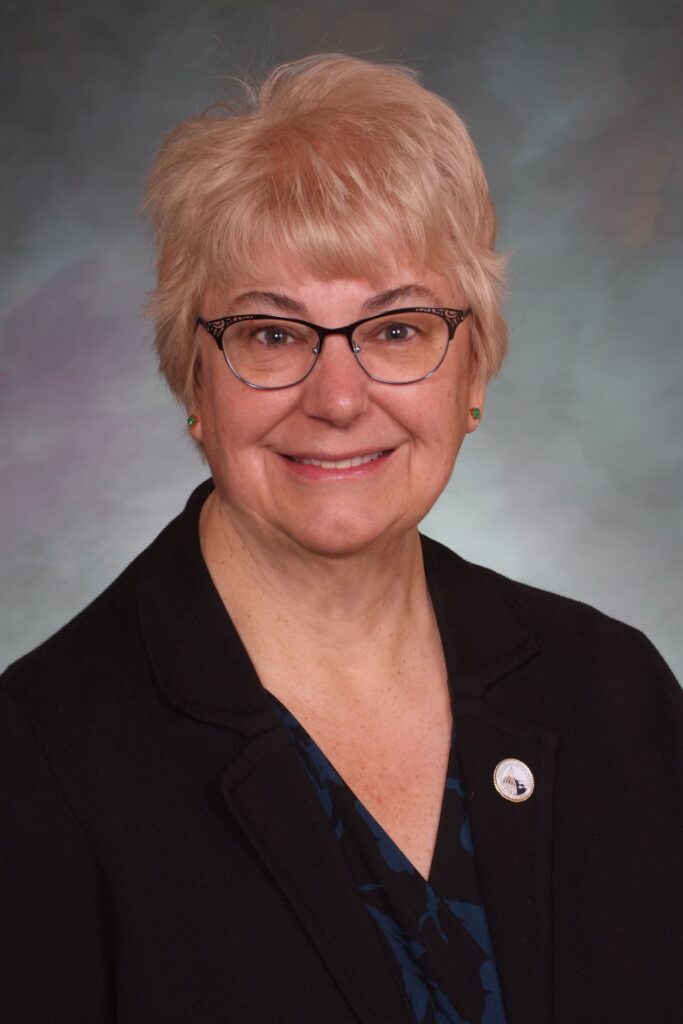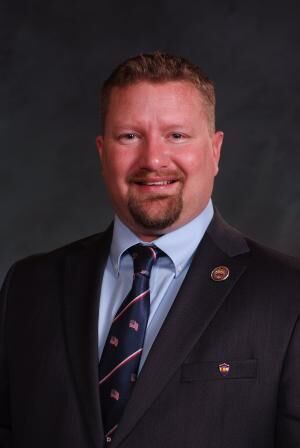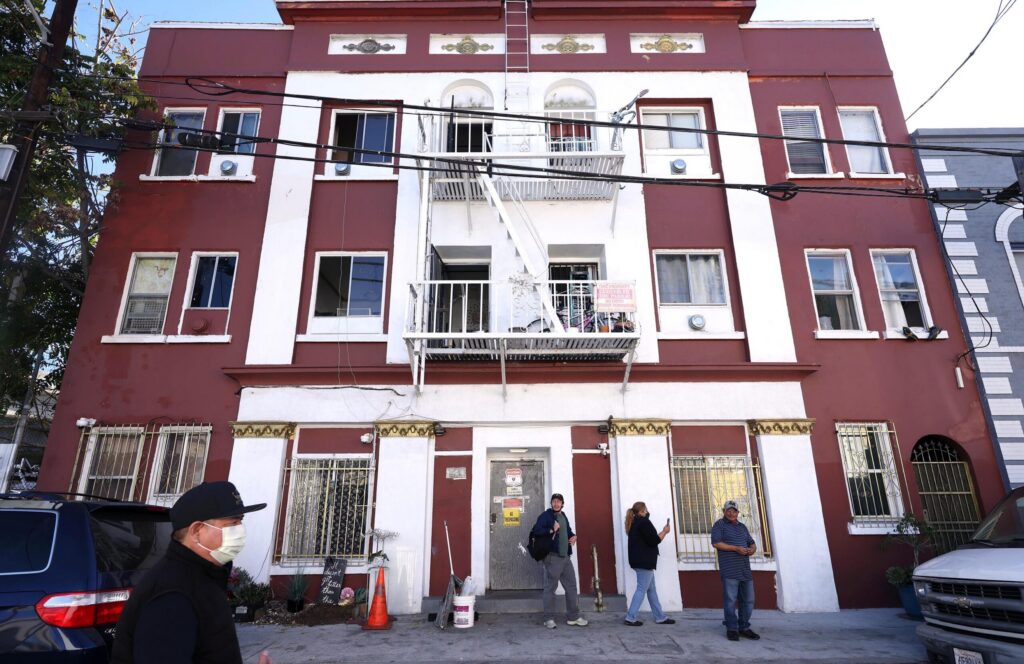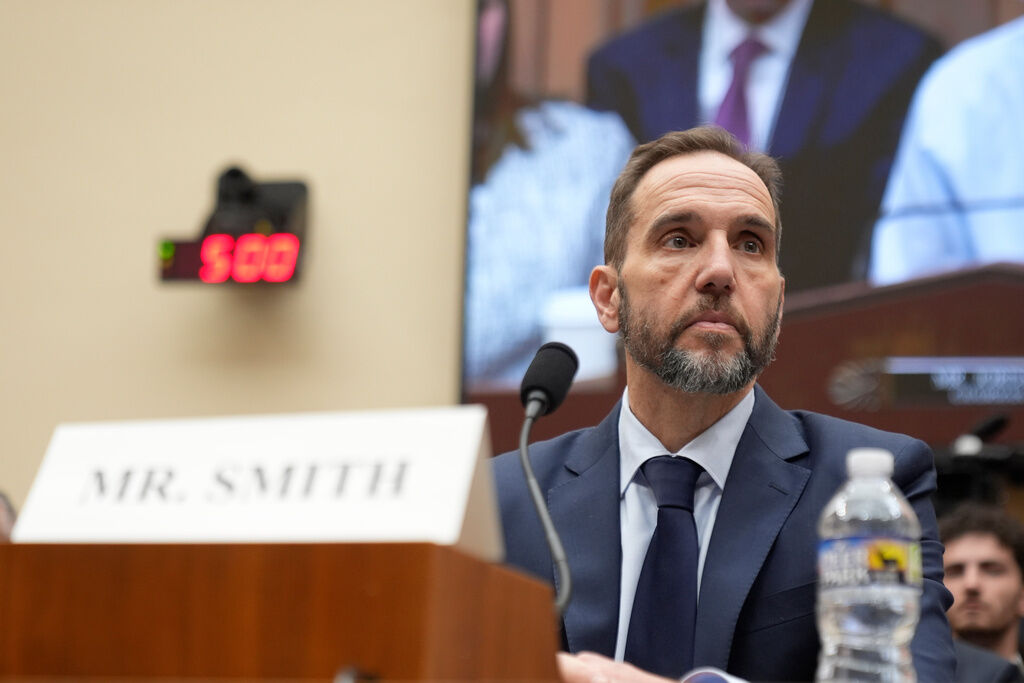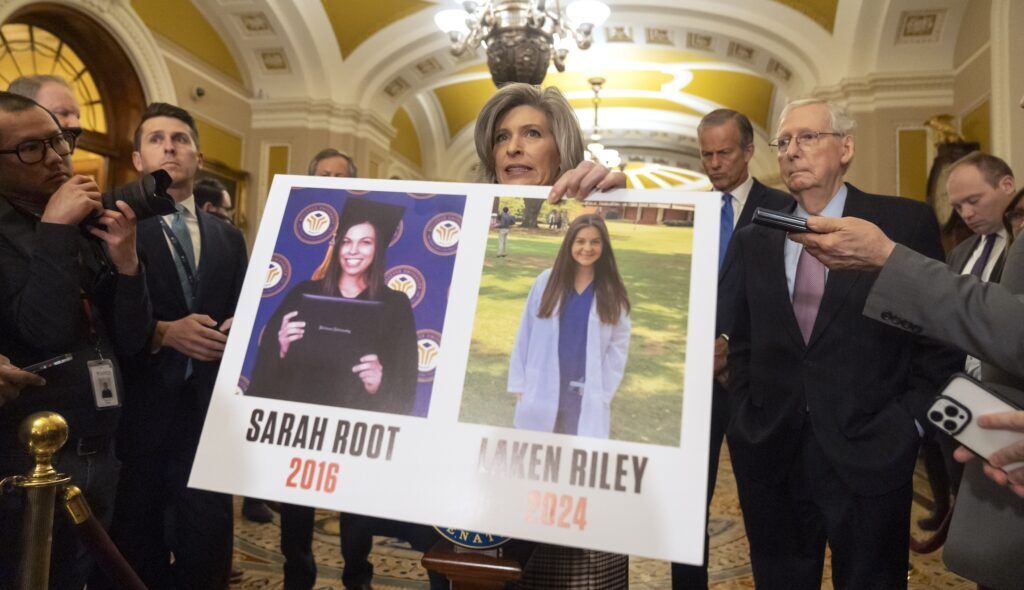Colorado Democrats advance ban of ‘deceptive’ ads, ‘abortion reversal’ for crisis pregnancy centers

Democrats advanced a bill cracking down on the operations of crisis pregnancy centers on Thursday, granting preliminary approval to the first in a trio of bills seeking to bolster abortion rights in Colorado.
If made law, Senate Bill 190 would prohibit crisis pregnancy centers from advertising abortions, emergency contraceptives or referrals they don’t actually provide, classifying it as deceptive advertising. It would also classify providing abortion “reversal” treatment as unprofessional conduct.
SB 190 already passed the Senate last week. In a voice vote, House lawmakers advanced the bill to its third and final reading, which could happen Saturday. The bill is expected to pass along party lines, at which point it will be sent to Gov. Jared Polis for final consideration.
Crisis pregnancy centers counsel pregnant women against having an abortion, advocating for parenting or adoption instead. Opponents call them “anti-abortion clinics.”
Bill sponsor Rep. Karen McCormick, D-Longmont, said the centers pretend to offer abortion care but don’t, using “disinformation, intimidation, shame and delay tactics” to prevent people from accessing abortion care.
“It is harmful and it is wrong,” McCormick said. “All we’re asking is that they be transparent about the services they provide, and equally transparent about the services they do not provide. … Don’t trick people.”
In Colorado, there are 51 of these crisis pregnancy centers, compared to 20 abortion clinics.
The American Medical Society Journal of Ethics called the centers unethical, claiming they spread misinformation and give the impression that they offer medical services and advice, “yet they are exempt from regulatory, licensure, and credentialing oversight that apply to health care facilities.” A 2012 study from the National Library of Medicine claimed that 86% of the centers provide misinformation on abortion.
Supporters of crisis pregnancy centers deny misleading patients, arguing that they legitimately provide services, including health education, ultrasounds and counseling. They said SB 190 would unfairly limit the centers’ advertisement, potentially prohibiting them from saying they offer “help with unplanned pregnancies” without specifying the services provided. They also argue that to call them “fake” clinics is a smear campaign perpetuated by abortion providers.
Republicans on Thursday argued that deceptive advertising is rare, only occurring among a small number of crisis pregnancy centers. They alleged that Democrats are targeting the centers for their ideological beliefs, introducing multiple unsuccessful amendments that would have expanded the bill to apply to abortion clinics as well as crisis pregnancy centers.
“We already have consumer protection laws in this state. Why is this legislation necessary?” said Rep. Brandi Bradley, R-Littleton. “And if the bill sponsors think that it is, why aren’t abortion centers listed in this legislation?”
Democrats said the state legislature has passed nearly three dozen bills responding to specific instances of deceptive practices.
Rep. Mike Weissman, D-Aurora, listed time shares, dance studios and contracts for dating services as a few examples, arguing that if the legislature will provide protections against deceptive practices in these “far less consequential” industries, then “we should certainly see fit to set those forth here.”
The bill’s other sponsor Rep. Elisabeth Epps, D-Denver, spoke of Colorado’s growing status as a hub for abortion access, saying it is important for residents and visitors alike to be able to clearly identify which clinics do and don’t provide abortion services.
In the month after the Supreme Court overturned federal abortion rights, the Colorado-based Cobalt Abortion Fund reported that 94% of its clients seeking practical abortion support came from out of state, including 66% from Texas alone. In January, 750 people traveled to Colorado Planned Parenthoods from out of state for abortion care – compared to only 1,500 people during the entirety of 2021, according to Planned Parenthood of the Rocky Mountains.
Epps said when she was pregnant at 16 years old while living in North Carolina, she bought a plane ticket to Colorado with the intention of getting an abortion. She ended up choosing to keep the baby, but around a year later, Epps said she aborted a different pregnancy. During both pregnancies, Epps said she accessed something similar to a crisis pregnancy center.
“What a huge deal it was that I understood my options,” Epps said. “When I needed, far too soon, to make a very different choice, those folks talked me through that too. … I want that for other pregnant folks. Unfortunately, that is not uniform in Colorado right now.”
Outside of the issue of deceptive advertising, the bulk of Thursday’s debate centered on the portion of the bill that seeks to classify providing abortion “reversal” treatment as unprofessional conduct.
The controversial practice claims that the hormone progesterone can stop a medication-based abortion after a patient has completed the first part of the two-step process.
In the Senate, the bill was amended to require the state medical, nursing and pharmacy boards to evaluate the practice of abortion reversal by Oct. 1. If the boards all agree that it’s a valid medical practice, then it will be considered professional conduct. If not, it will be labeled unprofessional conduct.
While Democrats said this would protect women from being pushed into partaking in a medically-unfounded practice, Republicans argued that it would take away a choice for women who change their minds after starting the process of a medication abortion.
“We should give these women as many choices and options as possible,” said Rep. Rose Pugliese, R-Colorado Springs. “We’re talking about choice but then we’re taking choice away. The freedom to choose life is also a choice.”
Crisis pregnancy centers support the abortion reversal practice, pointing to a small-scale 2012 study, which found that four of six women who had begun medication abortions were able to carry their pregnancies to term after taking progesterone. Some said the study employed methodological flaws, and subsequent research has concluded there is insufficient evidence to support abortion reversal treatment, attributing successful pregnancies to the results of simply not taking the second abortion pill.
Republican lawmakers cited a case series that claimed to evaluate 754 pregnant women who attempted abortion reversal, finding 64 to 68% success rates. One paper discredited that case series for only reporting outcomes of less than three-quarters of the patients, not including a comparison group and not having appropriate oversight.
A larger 2019 University of California study attempted to test the effectiveness of abortion pill reversal, but the study was ended prematurely due to safety concerns after three participants required ambulance transport to a hospital for treatment of severe vaginal bleeding, NPR reported. The American College of Obstetricians and Gynecologists also rejects prescribing progesterone to reverse abortions, saying it is “not based on science and do not meet clinical standards.”
“Saying the bill takes away a person’s choice makes no sense. We should not allow these unproven therapies to trick people into believing they are getting something that they are absolutely not getting,” bill sponsor McCormick said. “No one will make them take the second drug in the protocol if they don’t want to, but people deserve honest, complete, standard of care medical information when they are making decisions about their own personal health care.”
Rep. Gabe Evans, R-Fort Lupton, said the lack of broad agreement on the effectiveness of abortion reversal shows that it is not the legislature’s place to intervene: “Is this actually a good medical policy? Or is this inserting the government between a doctor and their patient?”
In total, Republicans introduced eight amendments on Thursday seeking to weaken or change the bill. None of the amendments passed.
Thursday’s debate lasted from 11:20 a.m. to 7:20 p.m., after House Speaker Julie McCluskie moved to restrict the debate to only eight hours, blocking the Republican Party’s filibuster before it even began.
McCluskie, D-Dillon, invoked Rule 14 to limit the debate with a simple majority vote, a previously little-used rule that was also used last week to shut down the Republican filibuster on a package of gun control bills. All Republicans voted against limiting the debate on Thursday, in addition to three Democrats: Epps, Rep. Mary Young of Greeley and Rep. Matthew Martinez of Monte Vista.
McCluskie said the Republicans forced Democrats to limit debate by delaying floor work and going back on agreements they made to end days-long debates in return for amendments. But Republicans argue that the Democrats are not giving them the time or consideration they deserve when discussing such significant and contentious policy.
“The problem with the amount of time is that’s our big negotiating tool,” said House Minority Leader Mike Lynch, R-Wellington. “Unfortunately, it’s only as good as they will accept some compromise on this. They’ve made it very clear that there’s no room for them to negotiate on this. … That’s very frustrating for us.”
SB 190 is part of a package of bills seeking to strengthen abortion rights. The other two are Senate Bill 188 – which seeks to protect abortion patients and providers giving and receiving care in Colorado from facing criminal or civil consequences from other states in which abortion is illegal – and Senate Bill 189, which requires health insurance carriers that serve large employers to pay for abortion coverage.
SB 188 and SB 189 are scheduled for their second House reading on Friday, and are expected to face their third and final reading on Saturday along with SB 190.
The Senate passed the three bills last week in identical votes of 22-13, with all Republicans voting “no” and all Democrats voting “yes,” except for Sen. Kevin Priola, D-Henderson, who switched parties last year.
The bills are the first legislative action Colorado lawmakers have taken up on the subject since the Supreme Court overturned national abortion protections in the Dobbs v. Jackson Women’s Health Organization ruling last year. Two months prior to the ruling, state lawmakers enshrined abortion as a fundamental right with the Reproductive Health Equity Act.





